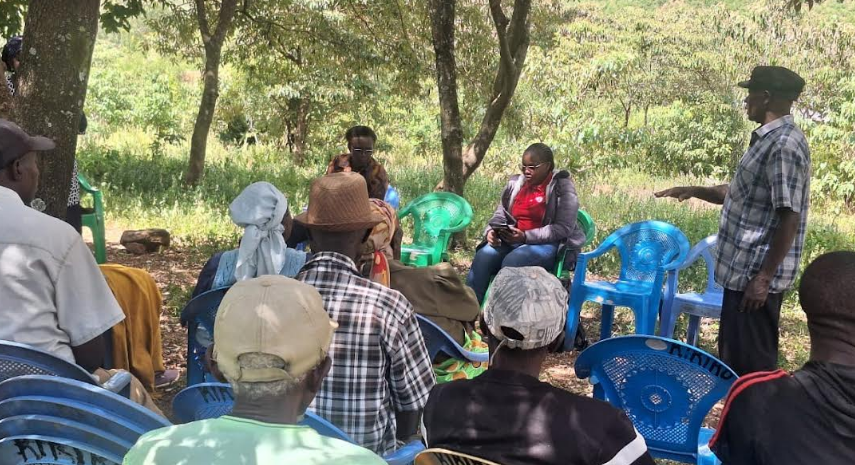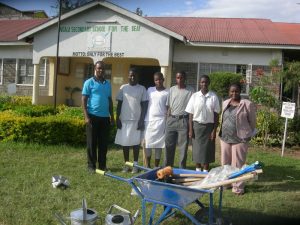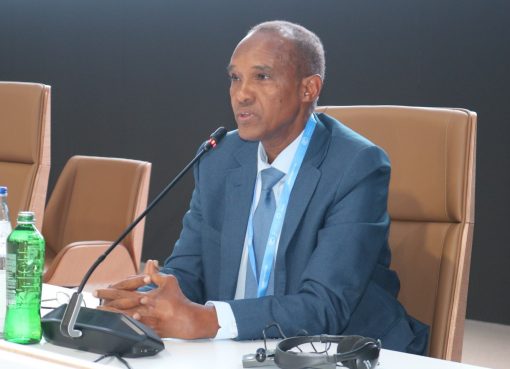Farmers affiliated to Kihiko Agribusiness Group in Solai Ward, Rongai sub-county, were today trained on Nutrition-Sensitive Agriculture (NSA) by Sub County Agricultural Officers.
The training focused on educating farmers about diverse food groups and promoting the cultivation of nutrient-dense crops to address malnutrition in the community.
The County Executive for Agriculture, Leonard Bor, said this initiative aligns with the county’s broader nutrition-sensitive interventions aimed at combating various forms of malnutrition, including stunting, underweight, and obesity.
By integrating nutritional considerations into agricultural practices, NSA seeks to improve the nutritional value of food produced and consumed within the community.
He said encouraging farmers to cultivate a variety of nutrient-rich crops, such as beans and a variety of vegetables, the training aims to enhance dietary diversity and address underlying causes of malnutrition, such as limited access to nutritious foods.
This approach not only improves food security but also contributes to the overall health and well-being of the community.
Additionally, he said nutrition is a critical factor in the overall health and development of children in rural Kenya; adding malnutrition, including stunting and wasting, remains a significant challenge, particularly in these areas.
He highlighted the consequences of stunting, a condition caused by chronic undernutrition, which he said affects 20% of children under the age of five in rural Kenya, compared to 12% in urban areas. Additionally, he said 11% of children in Kenya are underweight and 4% are wasted, a condition characterised by acute malnutrition.
Bor noted that these statistics emphasise the urgent need to address malnutrition in rural Kenya, as it has long-term consequences for children’s physical and cognitive development, as well as their overall well-being.
While appreciating the training, the village elder, Peter Rono, said there was a notable difference between children brought up in rural areas and those in urban areas.
He regretted that families normally sell their proteins, such as milk and chicken, to purchase bread and mandazi for their babies without realising that they are just carbohydrates and not important building blocks compared to the protein-dense foodstuffs sold out.
By Veronica Bosibori





